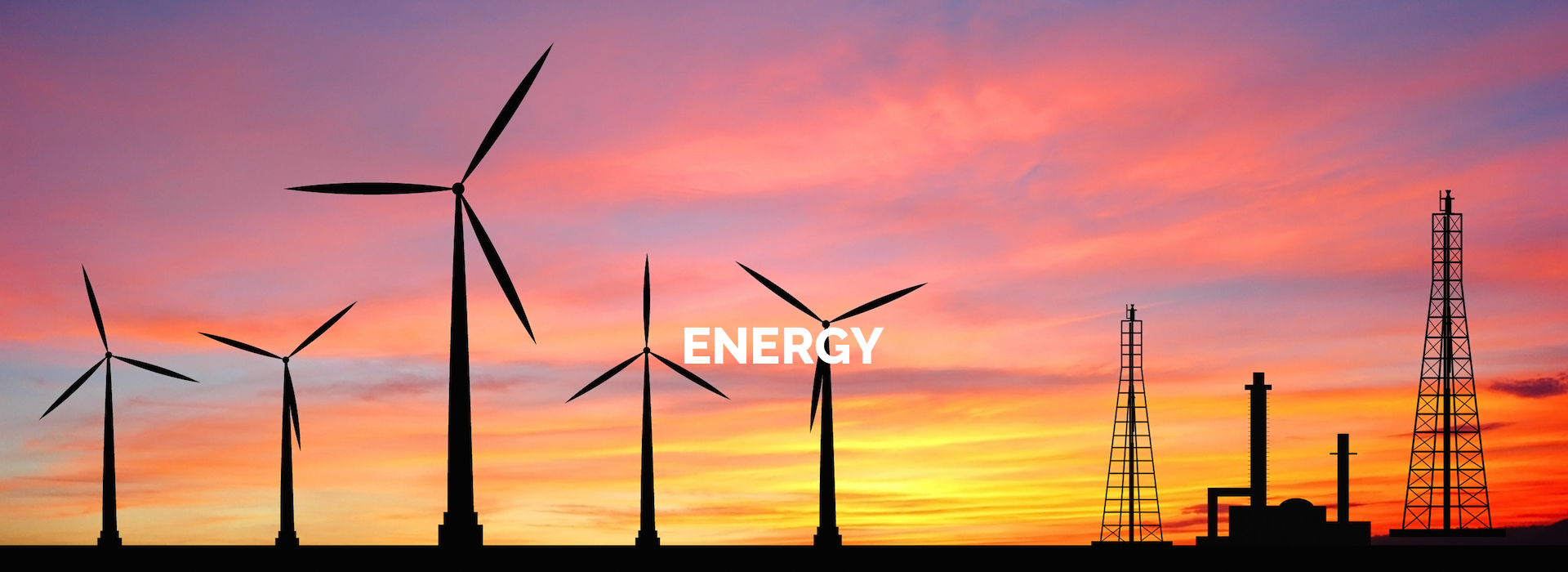
In today’s talking points: China’s coal consumption falls and renewables rise, Australia to import LNG from Japan, US set to be surpassed by China on Nuclear Energy Leadership, Australian consumers failing to utilise the full potential of smart electricity meters
China’s coal consumption falls and renewables rise
The PRC’s coal consumption of coal has increased for the first time since 2013. According to their annual National Social and Economic Development communiqué, in absolute terms 2017 saw a 0.4% rise with no figure for total value given. However this was coupled with clean energy increasing 1.3% to 20.8% of total consumption from 2016, compared to coal’s 1.6% drop to 60.4% in 2017. Further China’s carbon intensity, carbon emissions per unit of economic growth, fell 5.1% in 2017. These figures reflect a recent crackdown on coal in the PRC in favour of natural gas to alleviate chronic air pollution in the north. It’s estimated 4 million new households in the region converted to electricity or natural gas last year following government orders.
Read More: Reuters
Australia to import LNG from Japan
Squadron Energy together with Japan’s Marubeni and JERA has put together a consortium to begin importing LNG to Australia’s east coast. Presently Australia is the 2nd largest exporter of LNG worldwide, but shorting on domestic supply due to long-term export contracts in East Asia. Australian Industrial Energy, the consortium, announced it plans to import 2 million tonnes a year of LNG from 2020. The proposed terminal would satisfy approximately 75% of NSW’s gas needs, in a time when local prices are soaring.
Read More: Reuters
US set to be surpassed by China on Nuclear Energy Leadership
With China currently hosting one third of the world’s total nuclear power units in construction, it is set to become the world’s largest nuclear power developer, surpassing the US. Once construction is complete, China is expected to be on par with the US, subsequently overtaking the US by 2030. The US in comparison to China has limited plans to expand the life of their current nuclear units.
Read more: gbtimes
Australian consumers failing to utilise the full potential of smart electricity meters
Retailers have been leading a major rollout of electricity smart meters in almost all households across Australia. Smart meters stand to benefit consumers through a reduction in energy costs, by allowing them to monitor their electricity usage and translate this into information that enables them to make more informed choices. However consumers currently don’t have access to such valuable data free of charge, and must go through complicated processes to authorise third party data access, thus creating extra costs.
Read more: ABC
